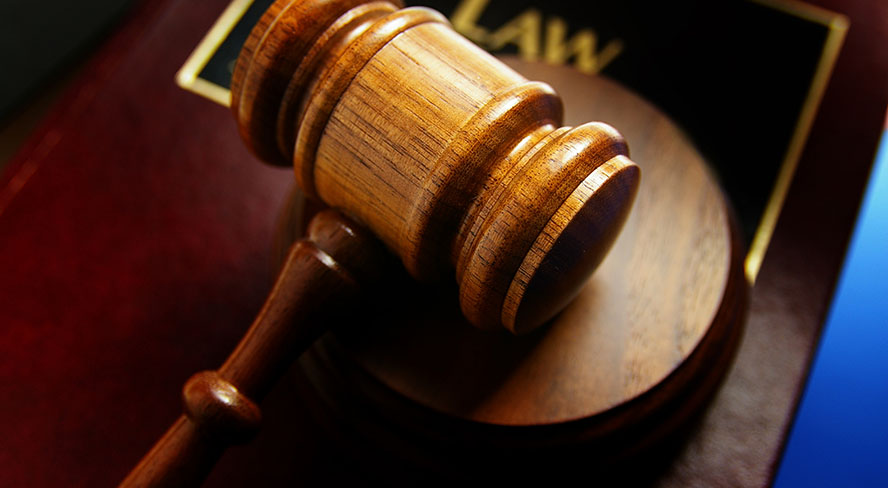When a loved one passes away, it can be an emotionally challenging time for their family and friends. Unfortunately, in some cases, this already difficult situation can be further complicated by strained relationships and disagreements between the deceased person and their survivors. As a result, these grievances and negative emotions can frequently lead to poor decisions when it comes to the treatment of the individual’s estate. This is where an estate litigation attorney comes in, playing a grave role in ensuring that the decedent’s wishes are carried out appropriately.
The Role of an Estate Litigation Attorney
An estate litigation attorney specializes in helping everyone involved in a situation where conflicts arise after someone’s passing. These conflicts are typically more emotionally driven than business-related. Therefore, an experienced estate litigation attorney not only handles the legal aspects of estate administration but also understands the sensitive nature of family dynamics and the intense emotions that may arise during the division of assets.
The attorney works closely with the executor of the estate, whose primary responsibility is to ensure that the deceased individual’s wishes are fulfilled. However, the attorney also addresses other important circumstances related to the estate, including:
- Handling situations where an individual or entity believes they have an entitlement to part of the estate.
- Supervision any family law issues connected to the estate.
- Undertaking disputes among dependents or other beneficiaries regarding their shares of the estate.
- Dealing with issues involving individuals who have taken assets from the estate without permission.
- Overseeing the distribution of the estate’s assets.
- Managing the assets of the estate.
- Determining the validity of any existing will.
- Interpreting the provisions of the will.
If a beneficiary hires an estate litigation attorney, their role may include:
- Serving as an arbitrator in the management of the estate’s funds.
- Considering exceptional circumstances surrounding claims to the estate related to dependency.
- Assessing the division of assets and properties in cases of dispute.
- Assisting a specific beneficiary in securing assets they believe they have a valid claim to.
- Providing input on the validity of a will, if one exists.
In cases where third parties express an interest in the estate, the litigation attorney must follow the law to determine the validity of their claim and handle it appropriately.
What Happens When a Person Dies Without a Will?
While it is generally recommended for adults to have a will in place, many neglects to prepare one before their passing. There are various reasons for this, including financial constraints, avoidance of thoughts about mortality, or unexpected deaths. When a person dies without a will, it is referred to as dying “intestate.” In such cases, the state steps in to distribute the deceased individual’s assets according to intestate succession laws.
When a person dies intestate, the state appoints an administrator to handle the estate’s probate process. An estate litigation attorney can assist this administrator by submitting a death certificate for verification and ensuring that the appointed individual meets the qualifications to represent the estate.
Resolving Disputes That Cannot Be Settled
In some cases, arguments may arise during the management of an estate that cannot be resolved through mediation or other means. This is when probate litigators come into play. The estate litigation attorney can intercede if the deceased person’s loved ones believe that something was mishandled during the estate administration process.
The attorney’s role is to guide the beneficiaries through the court system to resolve issues such as:
- Removal of trustees in cases involving a will that forms a trust.
- Formal accounting of expenses and assets.
- Guardianship issues.
- Surviving spousal claims.
- Executor fee disputes.
- Contested wills.
- Administrator appointments.
To reach a decision in these difficult cases, estate litigation lawyers follow a series of steps, including:
- Researching and investigating legal details and claims based on the will or estate law.
- Filing the appropriate court petitions, outlining the relevant laws and facts.
- Discovering and examining evidence, such as sworn depositions, bank statements, and other documents.
In most cases, a judge will order the festivities involved to engage in mediation before proceeding to trial. Mediation is a non-adversarial and non-binding process aimed at resolving issues. If a resolution cannot be reached through mediation, the estate litigation attorney must prepare for a trial, which involves steps such as:
- Preparing for cross-examination of witnesses.
- Making opening and closing statements.
- Subpoenaing witnesses and obtaining their statements.
- Re-examining evidence.
Trials in estate litigation lawyer bowie cases are typically bench trials, presided over by a judge. Although the trial may span several days, the schedule may not be consecutive due to court availability. If any of the parties involved are unsatisfied with the ruling, they may file an appeal.




